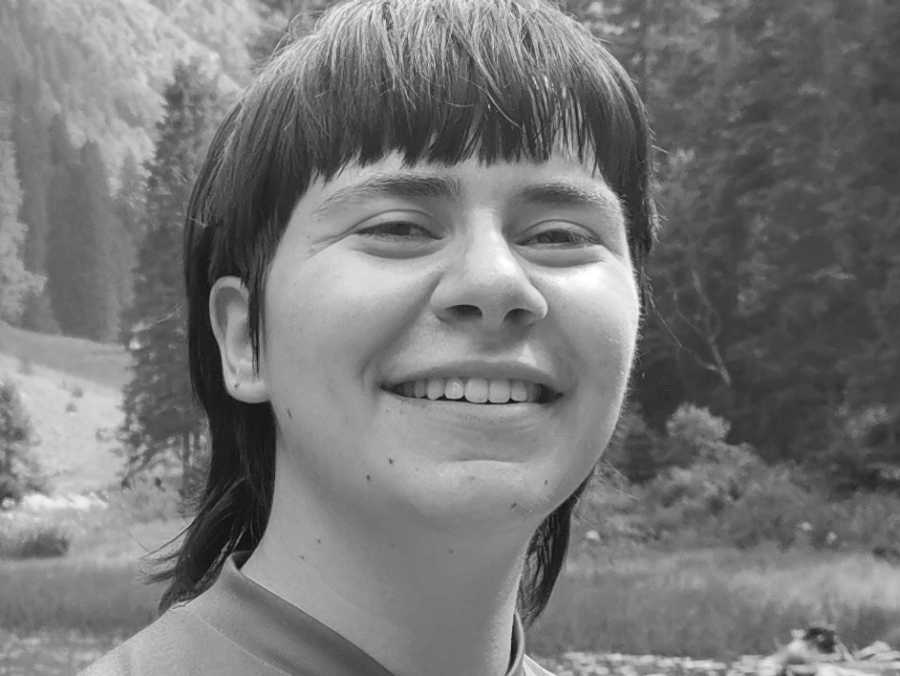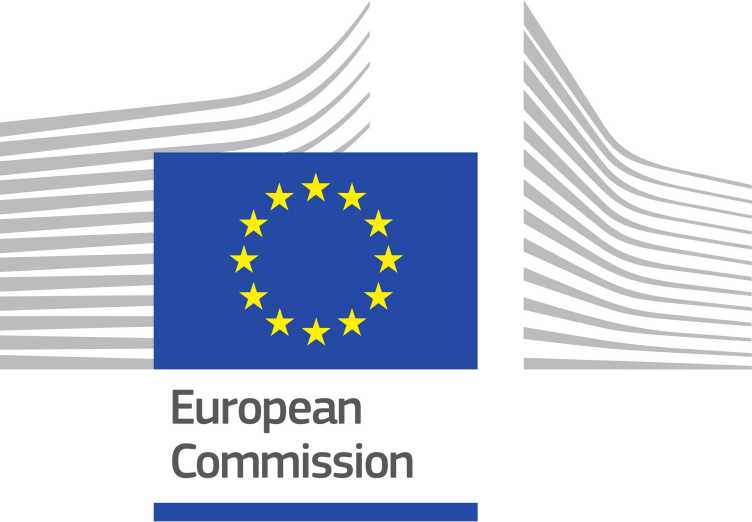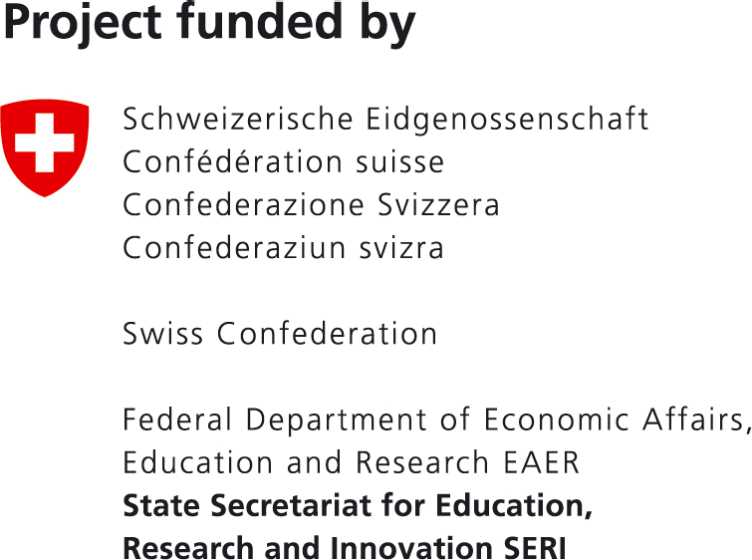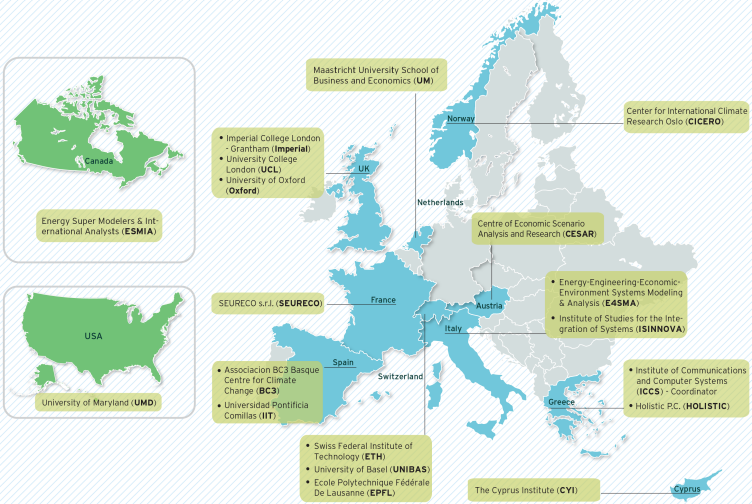DIAMOND
Delivering the next generation of Open Integrated Assessment Models for net-zero, sustainable development" (DIAMOND)
Overview

Our group is part of the project "Delivering the next generation of Open Integrated Assessment Models for net-zero, sustainable development" (DIAMOND) consisting of 19 consortium partners. external page DIAMOND is a Horizon Europe funded project aiming to deliver the next generation of open Integrated Assessment Models (IAMs) for Net-Zero sustainable development.
IAMs are computer simulations describing interactions between the climate and society. The interplay among climate mitigation, adaptation and between climate action and other development agendas, including sustainable resource use, requires an integrated ecosystem of disciplines, methods, and tools. IAMs provide that ecosystem, aiming to offer policy-relevant insights into global environmental change and sustainable development issues with quantitative descriptions of key processes in the human and earth systems and their interactions.
Despite the significant evolution of IAMs in the last decade, there remain several criticisms on their design, use, and adequacy to respond to questions on climate change adaptation and mitigation. Particular consideration needs to be given to making the models relevant (addressing the needs of stakeholder groups), open, transparent and accessible to the modelling community and stakeholders. To do so, the project will follow a transdisciplinary approach. The CSTS group is co-leading DIAMOND’s Work Package 2: Co-design, which implements this transdisciplinary process to achieve DIAMOND’s goals of updating, upgrading, and expanding six exemplary integrated assessment models. It will further enhance modelling capacity to assess the feasibility and desirability of Paris-compliant mitigation pathways, their interplay with adaptation, circular economy, and other SDGs.
Approach and methods
Our approach follows three phases. Phase 1 (Phase 1: Toward mutual understanding) familiarises project partners with the problem space and then jointly frames the project boundaries from February 2023 – May 2025. The second phase (Phase 2: Toward model coproduction) involves coproducing solution-oriented knowledge that addresses the problem frame from June 2025 – November 2025. Finally, the third phase (Phase 3: Toward model co-ownership) integrates and applies the coproduced knowledge into societal and scientific practices, from December 2025 – November 2026 when the DIAMOND project finalises.
Phase 1 is divided into three stages and the output is a set of stakeholder-informed research questions, presented in this deliverable, guiding Phase 2’s coproduction activities. Stages 1 and 2 were conducted between March and November 2023 and are presented in external page D2.4 Stakeholder-informed research questions (Briers & Vienni-Baptista 2023). Stage 3 focused on producing research questions for scenario development and assessment. Stage 3 was designed as an engaged approach to sustain the transdisciplinary process in DIAMOND. In Phase 2: Towards knowledge co-production, the research questions will be integrated into WP3, WP4, and WP5 that span scenario development, and assessment, and guide model development to enable the integration of newly developed scenarios into model runs.

Outcomes
We have so far produced two project deliverables reporting on Phase 1 of the Co-design process. Some outputs presented in these deliverables include 1) a synthesis of the co-produced knowledge resulting from each co-productive activity; 2) 41 research questions highlighting key gaps and areas to focus on in scenario development and assessment, and a reflection on the transdisciplinary process to coproducing knowledge. As an outcome of our first two years of interaction with the DIAMOND partners, we developed a paper (submitted for review) focusing on how transdisciplinary principles reflect in integrated assessment modelling, using the DIAMOND project as our case study.
Finally, a masters’ thesis conducted in the DIAMOND project by Victoria Herbig, focused on inclusive stakeholder engagement in integrated assessment modelling.
Available links to our outputs can be found here:
- external page D2.4 Stakeholder-informed research questions
- D2.5 Stakeholder-informed research questions – update
- Herbig, V. (2024). From Stakeholder Engagement to Inclusivity: Advancing Participatory Modeling for Net-Zero Sustainable Development
We use the DIAMOND project as a case study in our course “Integration in Science, Policy and Practice: Inter- and Transdisciplinary Concepts, Methods, Tools”, where we focus on using a Joint Problem Framing approach to co-produce a research question with students.
Bachelor's and Master's theses
If you would be interested in conducting research related to this project, please visit the Bachelor's and Master's theses page to explore our possible topics or contact Dr. Stephanie Briers at
From Stakeholder Engagement to Inclusivity: Advancing Participatory Modeling for Net-Zero Sustainable Development
Master's student: Victoria Herbig
Timeframe: September 2023 - May 2024
Supervisor: PD Dr. Bianca Vienni-Baptista, Cultural Studies of Science and Technology, Transdisciplinarity Lab (D-USYS), ETH Zurich
Supervisor: Prof. Dr. Reto Knutti. Institute for Atmospheric and Climate Science (D-USYS), ETH Zurich
Summary: In the context of climate action and sustainable development, Integrated Assessment Models (IAMs) are crucial in policy-making, yet their potential is often constrained by methodologies that emphasize technical accuracy over inclusivity. This research redefines participatory modeling within the context of the DIAMOND project, funded by the Horizon Europe framework (2022-2026), to explore how participatory and transdisciplinary approaches can effectively integrate diverse stakeholders’ perspectives. Recognizing the limitations of traditional IAMs - often criticized for their lack of transparency and susceptibility to policy-driven biases - this thesis advocates for an enriched Transdisciplinary Research (TDR) approach emphasizing inclusivity to enhance model relevance and efficacy.
Employing a mixed-methods approach, this study develops practices for integrating a broad spectrum of stakeholder inputs into IAMs. Through a literature review, participant observation, an online survey, and semi-structured interviews, it identifies essential elements of an inclusive modeling environment: stakeholder representation ("Who is at the table?"), engaging diverse stakeholders ("How are stakeholders included?"), and collective decision-making ("How is their knowledge integrated throughout the process?"). These ensure that IAMs are not only technically sound but also socially robust and aligned with equitable climate policy. This research advocates moving beyond traditional consultation to co-production of knowledge, democratizing the modeling process to ensure all voices, especially those from marginalized communities, are heard and valued.
This thesis contributes both significant theoretical insights into the field of participatory modeling and TDR, and practical strategies for enhancing stakeholder inclusivity in modeling for climate policy. By reimagining stakeholder engagement, this research paves the way for developing policy frameworks that are both scientifically sound and socially just, ensuring that policies for net zero emissions and sustainable development resonate with and are shaped by those they impact the most. Through an emphasis on inclusivity, this work advances a shift towards more participatory, transparent and accountable policy-making, which is essential for effective and equitable climate action.
ETH Net-Zero Day
We presented DIAMOND at the CSTS stand at the 2025 ETH Net-Zero Day. Learn more about our participation.
- Download Vienni-Baptista, B. (2025). Cultural Studies of Science and Technology Group Research and Teaching for Societal Transformations [Poster Presentation]. ETH Net-Zero Day (PDF, 264 KB)
- Download Briers, S.;Vienni-Baptista, B. (2025). Co-designing integrated assessment models for net-zero, sustainable development [Poster Presentation]. ETH Net-Zero Day (PDF, 425 KB)
- Download Herbig, V.; Briers, S.; Vienni-Baptista, B. (2025). From Stakeholder Engagement to Inclusivity: Advancing Participatory Modeling for Net-Zero Sustainable Development [Poster Presentation]. ETH Net-Zero Day (PDF, 217 KB)
Project core team
-

PD Dr. Bianca Vienni-Baptista, group lead -

Dr Stephanie Briers, established researcher
-

Victoria Herbig, research assistant -

You can find the project on external page LinkedIn, external page Twitter and external page Instagram.


